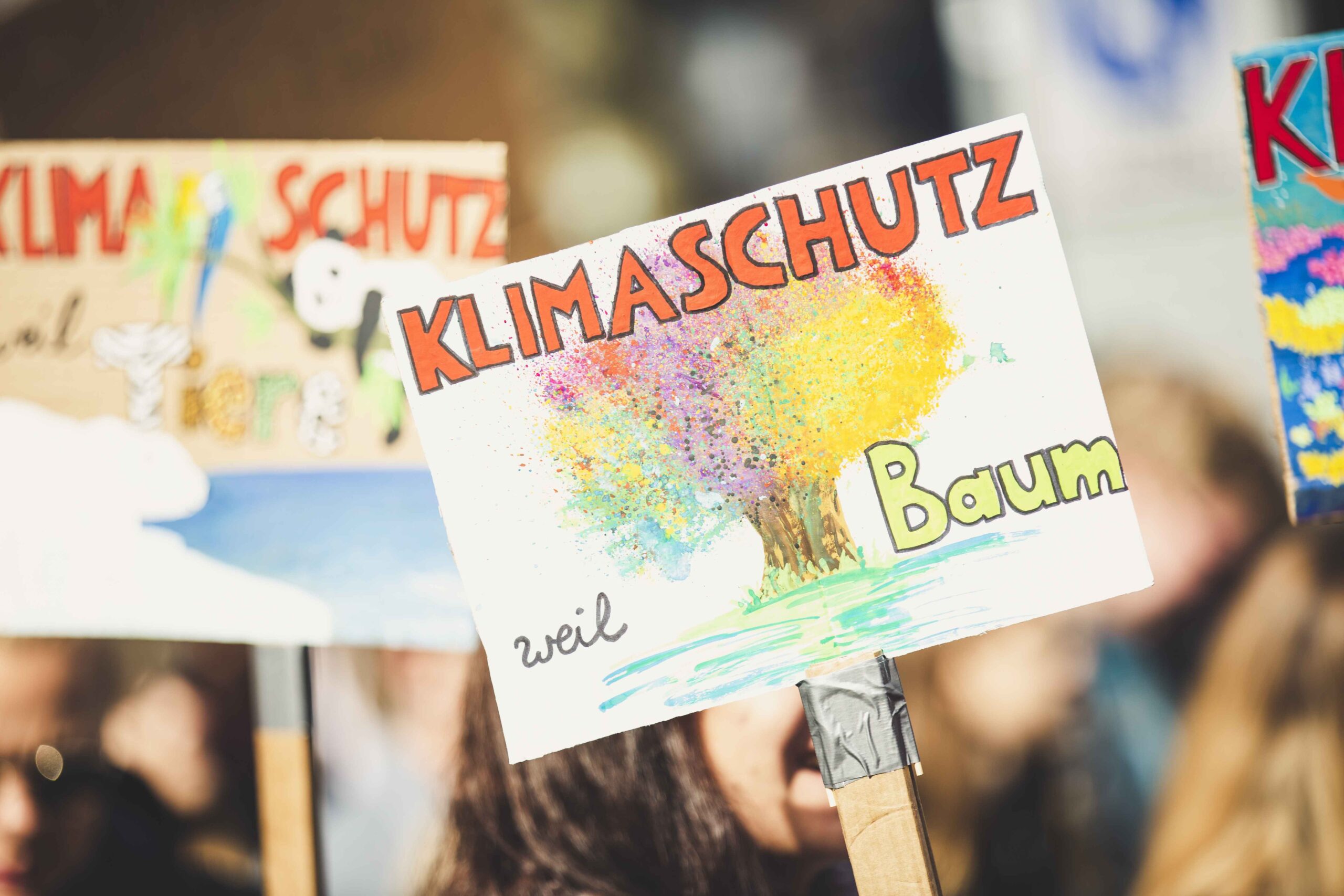In recent weeks, Berlin has once again found itself at the center of heated debates over the methods employed by climate activists. Groups associated with movements like Extinction Rebellion have taken drastic measures by physically attaching themselves to roadways, sometimes even cementing their hands in concrete, to protest against environmental policies they deem insufficient. In a controversial twist, some of these protesters are now taking legal action against the police, accusing officers of using excessive force during their removal.

Unconventional Protests and Rising Tensions
Berlin, known for its vibrant political activism, has witnessed a surge in dramatic climate protests aimed at disrupting traffic and drawing attention to the urgent need for environmental reforms. Activists argue that such direct action is necessary to force governments and corporations to address climate change. However, their tactics have sparked considerable debate and drawn criticism from various quarters.
Key points:
- Dramatic Road Blockades: Protesters have been observed adhering themselves to busy road surfaces, sometimes using concrete, to ensure they remain in place.
- Police Intervention: When these actions disrupt public order, police are compelled to intervene, often using methods that activists claim are too forceful.
- Legal Repercussions: In response, a number of protesters have initiated lawsuits against police officers, alleging assault during their removal from the road.
These actions underscore the polarizing nature of the current climate debate, where the line between protest and disruption becomes increasingly blurred.
Public and Institutional Reactions
 The incident has ignited a firestorm of reactions both on the ground and online. Many critics argue that such extreme tactics undermine the legitimacy of the environmental movement by shifting the focus from policy change to sensational legal battles. On the other hand, supporters contend that these protests are a desperate measure in response to long-standing inaction on climate issues.
The incident has ignited a firestorm of reactions both on the ground and online. Many critics argue that such extreme tactics undermine the legitimacy of the environmental movement by shifting the focus from policy change to sensational legal battles. On the other hand, supporters contend that these protests are a desperate measure in response to long-standing inaction on climate issues.
Common reactions:
- Criticism of Tactics: Detractors label these methods as counterproductive and disruptive to public order. Concerns are raised about the safety risks posed to motorists and pedestrians alike.
- Calls for Accountability: Critics demand that police use appropriate levels of force to ensure that public safety is maintained. There is growing sentiment that legal actions against police might set a concerning precedent if not addressed fairly.
- Support for Direct Action: Some climate activists argue that dramatic measures are the only way to break through political apathy. Supporters emphasize that these protests highlight urgent environmental issues that require immediate action.
While the actions of climate protesters have undeniably sparked necessary conversation about environmental policies, they also raise important questions about public safety and the appropriate use of force by law enforcement.
Social Implications
The legal battles that have emerged from these protests signal a potentially significant shift in how civil disobedience is handled in public spaces. Berlin is reportedly considering engaging specialized construction companies to remove protesters in future incidents, with the costs possibly being charged to polluters, a move that would add a new dimension to the ongoing environmental debate.
As courts begin to examine these lawsuits, the outcomes could influence future protest strategies and police protocols, not only in Berlin but potentially across Europe. This case represents more than a legal dispute; it reflects the broader societal struggle between radical environmental activism and the imperatives of maintaining public order.
